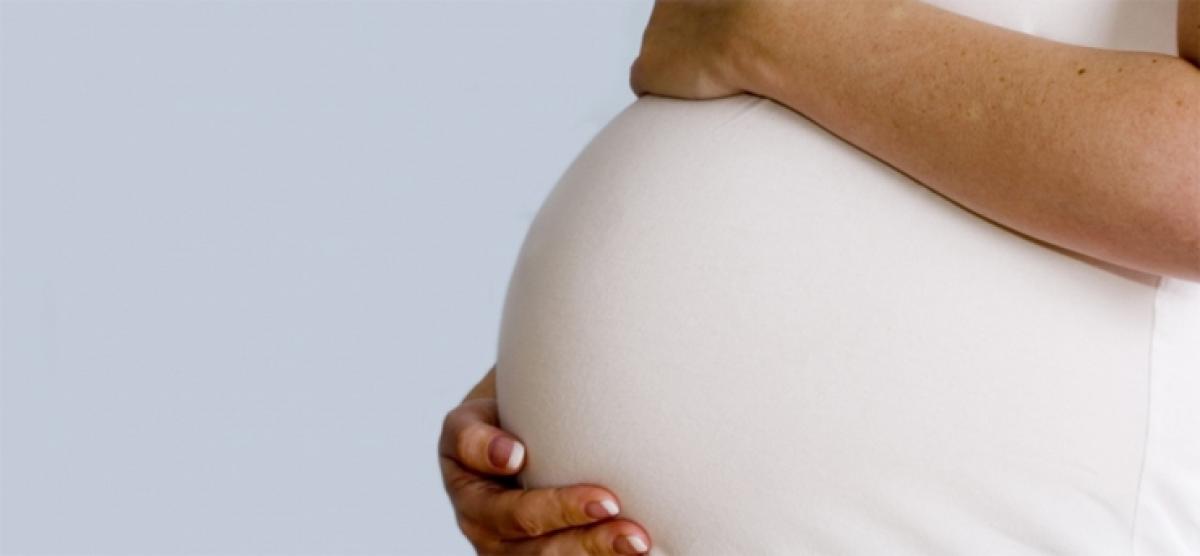Live
- Godavari to quench Hyderabad thirst
- Nov 30 last date for submissions for Governor’s Award
- Do not collect pictures as trophies
- AP to receive rains as low Pressure in Bay of Bengal to turn depression
- Officials told to focus on popularising welfare schemes
- California’s educational escapes for families on the go
- Food poisoning deaths: Kavitha demands `10 L to students’ families
- Degree college forges exam results
- City-based space-tech startup featured in Forbes
- Regional parties to be future of Indian politics: KTR
Just In

x
Highlights
While modern women might be expected to have babies even earlier than previous generations did, they are delaying motherhood, finds a new study.
While modern women might be expected to have babies even earlier than previous generations did, they are delaying motherhood, finds a new study.
.jpg)
Their study said that women in modern societies are "over-riding" natural selection because of the stronger effect of lifestyle choices and social factors.
"In evolutionary and genetic terms, this suggests that younger generations today should be inclined to have children at an earlier age than women in the past," said project leader Melinda Mills from Oxford University.
"However, what we actually observe is that the reverse is happening. Social and environmental factors mean women in modern societies are delaying starting families, knowing that there is the risk of becoming infertile if they leave it too late," Mills added.
"Although genes play a significant part, it seems wider social changes, such as an expansion of women in further education and work, as well as the availability of effective contraception, are having a stronger effect on determining when women in modern societies have children," said lead author Felix Tropf from University of Groningen in the Netherlands.
Modern societies are still evolving today, with early fertility patterns being an inherited reproductive advantage, the study said.
"This research tells us there are genetic differences between women which could be significant for women making decisions about when to have their first baby," Mills said.
The study also found that some women are genetically predisposed to have children earlier than others, and they pass down their reproductive advantage to the next generation.
The researchers analysed the genomes of thousands of women in England and the Netherlands to measure the extent to which a woman's genes play a role for when she has her first baby and how many children she will have.
The researchers found that genes account for about 15 percent of the differences between modern women when they have their first baby, and 10 percent in the differences in the number of children they have.
They also discovered an overlap between these genetic effects which the study says partly explains why women who have children earlier also have a higher number of children.
The findings were published in the journal PLOS ONE.

Next Story
More Stories
ADVERTISEMENT
© 2024 Hyderabad Media House Limited/The Hans India. All rights reserved. Powered by hocalwire.com







